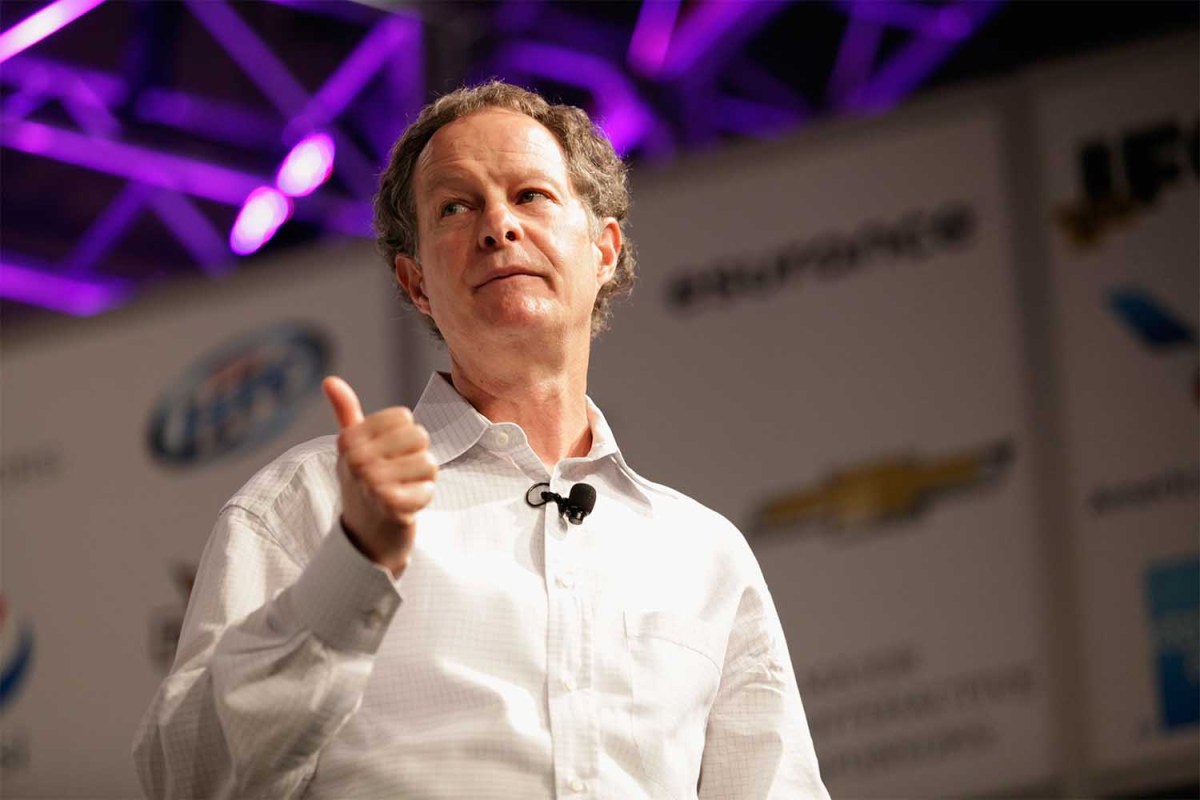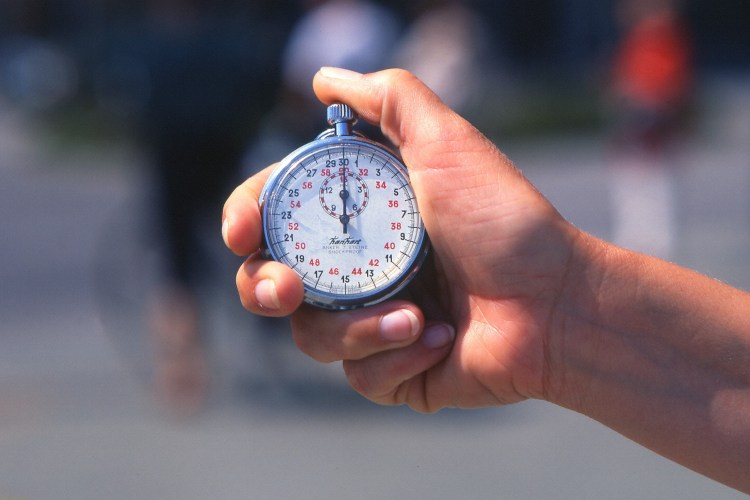Whole Foods CEO John Mackey became a trending topic on Twitter yesterday after CNBC published an article about Mackey discussing health care on Freakonomics Radio back in early November.
“I mean, honestly, we talk about health care. The best solution is not to need health care,” Mackey told host Stephen Dubner. “The best solution is to change the way people eat, the way they live, the lifestyle, and diet,” he says. “There’s no reason why people shouldn’t be healthy and have a longer health span. A bunch of drugs is not going to solve the problem.”
Mackey then went on to say that Americans aren’t taking care of their bodies and threw out a couple of statistics: “71% of Americans are overweight and 42.5% are obese. Clearly, we’re making bad choices in the way we eat,” he says. “It’s not a sustainable path. And so, I’m calling it out.”
But the internet was quick to call out the absurdity and tone-deafness of Mackey’s statements, which came at a truly inopportune time, as more than 350,000 Americans are dead from COVID-19, a virus that has hit poorer communities and POC disproportionately harder due in part to a general lack of sufficient healthcare in those communities.
Twitter users also noted that drinking all the overpriced green juice in the world isn’t going to help with their pre-existing conditions, disabilities and diseases like diabetes that literally require insulin to keep them alive.
“Yes, it was my lack of a pre-natal exercise routine that caused the Cerebral Palsy. The guy just wants sick and disabled people to die, obviously,” wrote one user.
Mackey’s “Medicare for No One” plan also doesn’t account for the possibility that you could just be out one day jogging with a Whole Foods smoothie in hand and get hit by a bus.
There is, of course, a meaningful conversation to be had about the kinds of foods we put into our bodies. We know that fatty, high-sodium foods are artery cloggers and that cutting out meat has a ton of health benefits and is good for the environment. Eating a healthier, more nutritious diet is great, but what Mackey’s argument fails to account for is that eating healthy in a sustainable, fulfilling way is also really fucking expensive. His “health-conscious” grocery store chain is notorious for its high prices, as one Twitter user joked, “John Mackey is out here acting like shopping at Whole Foods isn’t just as expensive as health insurance.”
There is no mention of how low-income populations often encounter challenges when it comes to making healthy food choices. Studies have found that in addition to the high price of nutritious foods, the time it takes to prepare these kinds of foods often bar low-income individuals and households from making healthy food choices. Behavioral factors like “employment-, food-, and housing-related insecurity” also affect food choice and consumption in low-come individuals. “Poverty and exposure to these insecurities are hypothesized to activate biobehavioral and psychological mechanisms — endocrine, immune, and neurologic systems — that influence food choice and consumption,” one study notes.
Instead, Mackey chooses to do what lots of people in power do when faced with a complicated socioeconomic issue that mainly affects the general public — blame the general public and their individual choices. We have seen similar arguments surrounding climate change, even though it doesn’t matter how many metal straws we all use or individual choices we make about our plastic consumption if the 100 companies responsible for 71% of all industrial emissions keep emitting greenhouse gasses.
Twitter users also made sure to call out Mackey’s relationship with Jeff Bezos “a man so wealthy he could single-handedly end worldwide homelessness & hunger — and doesn’t,” as one user wrote. And reporter Tana Ganeva recalled her time as a Whole Foods employee, noting that every night the company made workers “dump EVERY leftover piece of prepared food in a trash can with chains so the homeless couldn’t get it.”
But instead of addressing wealth inequality or proposing economic policies that would help put other people in a position to make better food choices, woefully, he just thinks we should forgo our healthcare — something over 27 million Americans don’t even have — and save our pennies so we can dine on six-dollar asparagus water and chia seeds.
The Charge will help you move better, think clearer and stay in the game longer. Subscribe to our wellness newsletter today.





















